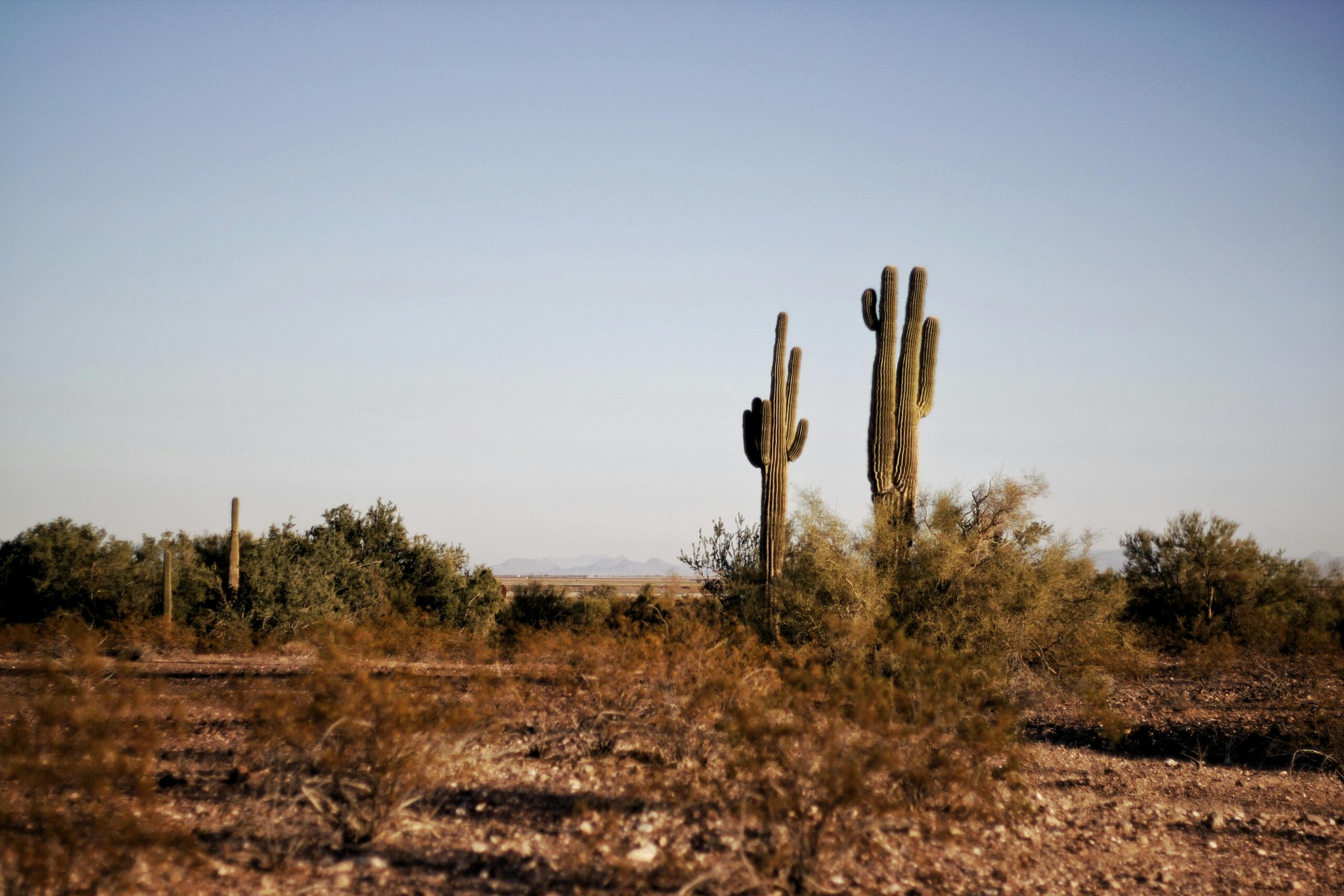Climate Crisis AM Edition 2/26/24 Nuclear Waste In Greenland

Texas has been hit by a major heat wave. It will be well above 90 degrees F in Dallas this week. The average high for February is about 58 degrees. According to Fox4, temperatures will hit record highs. The reason for the year is probably the El Niño Southern Oscillation, or ENSO, which causes fluctuation between below-average and above-average sea surface temperatures in the Pacific Ocean, near the equator. This happens about every half-decade. Because of this, Texas is expected to have hot and dry temperatures this Winter and Spring.
Florida Climate Trouble —The State Is Sinking
Climate Location —Damage Across The World
Germany wants to start storing some of the nation’s carbon dioxide. Carbon will be stored in underground areas offshore. The German government said this is among its contributions to cut greenhouse gas emissions. It labels these plans a “carbon management system.” Th projects were in early development for several years. It now appears the technology is advanced enough to make the goal possible. Opponents argue that the process allows the largest polluters, mostly industrial companies, to continue producing dangerous gasses without consequence.
The climate crisis is decimating the world’s insect species. CBS reports that 40% of insect species are in decline. Another third are categorized as endangered. Over 60% of the world’s species are insects. One such example comes from Oliver Milman, the author of “The Insect Crisis.”. He has started research on dung beetles. CBS reports Milman commented, “Getting rid of feces, getting rid of dead bodies, getting rid of all the kind of horrible decomposing work is done on this kind of grand scale. The dung beetle … is really important, disposing of waste that would otherwise carry all kinds of diseases, pathogens that would be passed between animals and humans.”
For decades, the US has kept nuclear waste outside the country. According to a report from the US General Accounting Office titled “Changing Conditions May Affect Future Management of Contamination Deposited Abroad During U.S. Cold War Activities.” This waste is stored in Greenland, Spain, and the Marshall Islands. Among the worst of these deposits, according to the GAO, is “During the 1960s, the United States buried radioactive liquid in Greenland’s ice while operating the experimental Camp Century base to study the feasibility of installing nuclear missiles there.”
More from ClimateCrisis 247
- Global Deal On Plastic Pollution Falls Apart
- Lies About Climate Disaster Could Be Blocked By AI
- Only One Nation In The World Can Feed Itself
- Melting Glaciers Could Drive Volcanos






